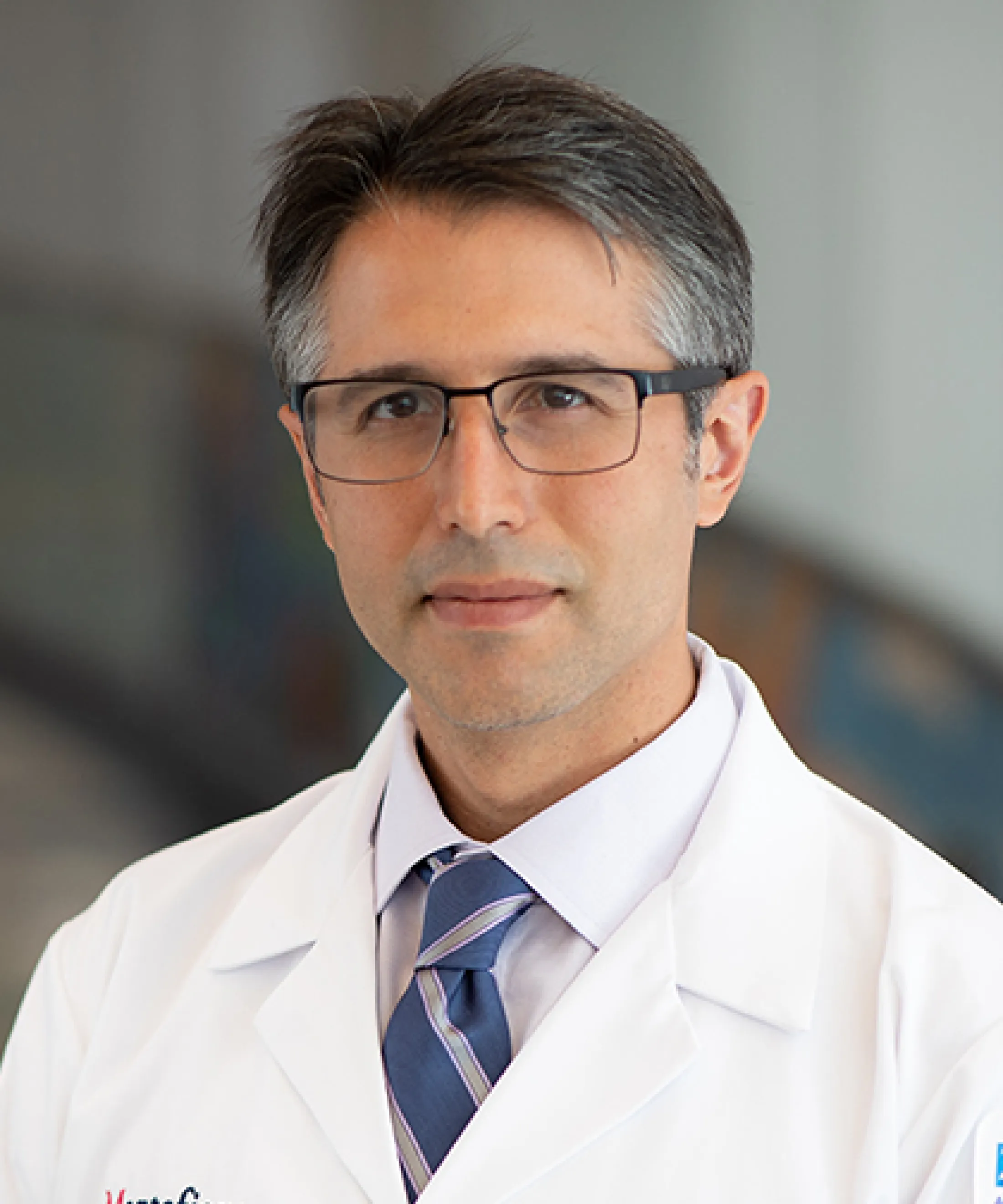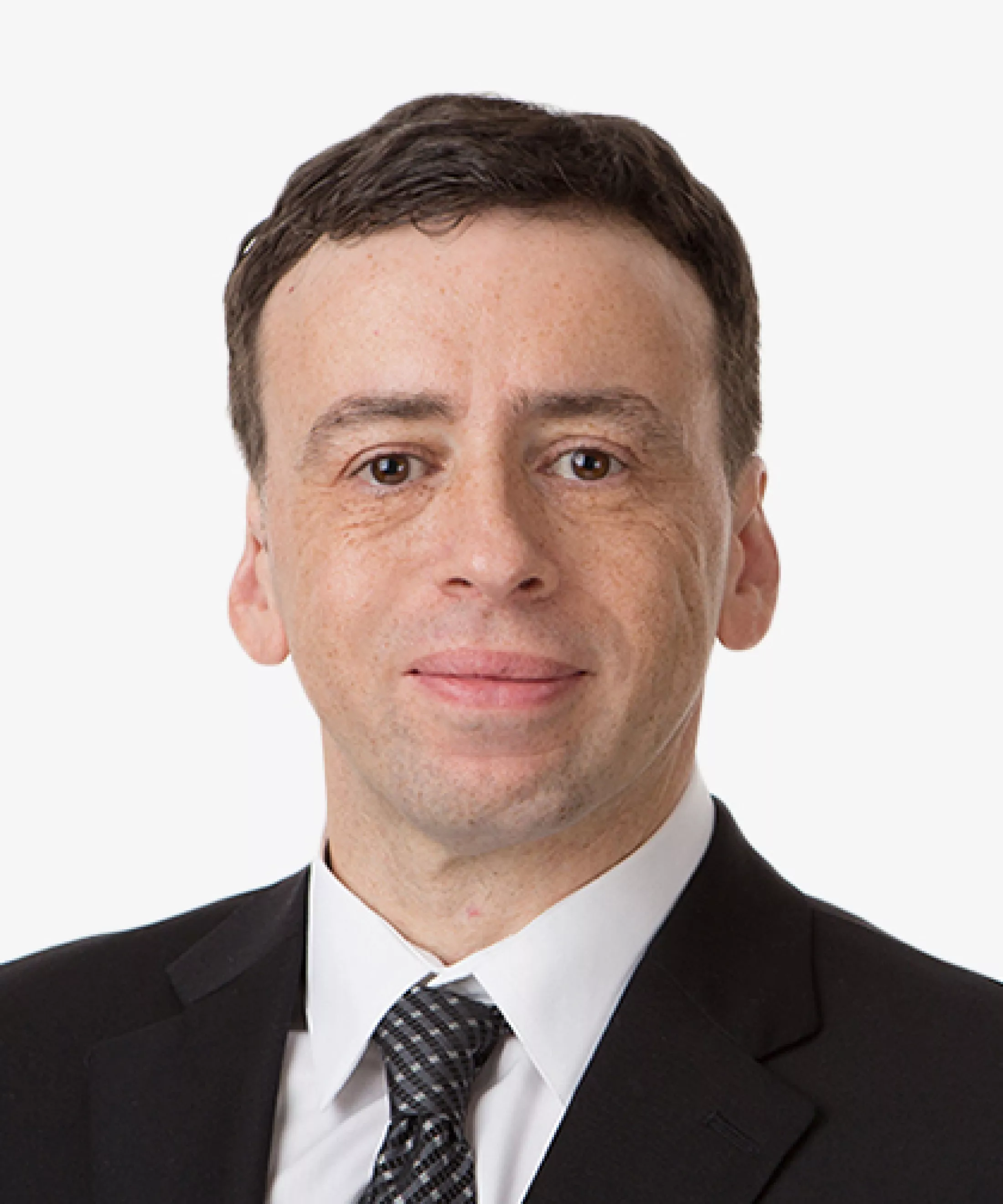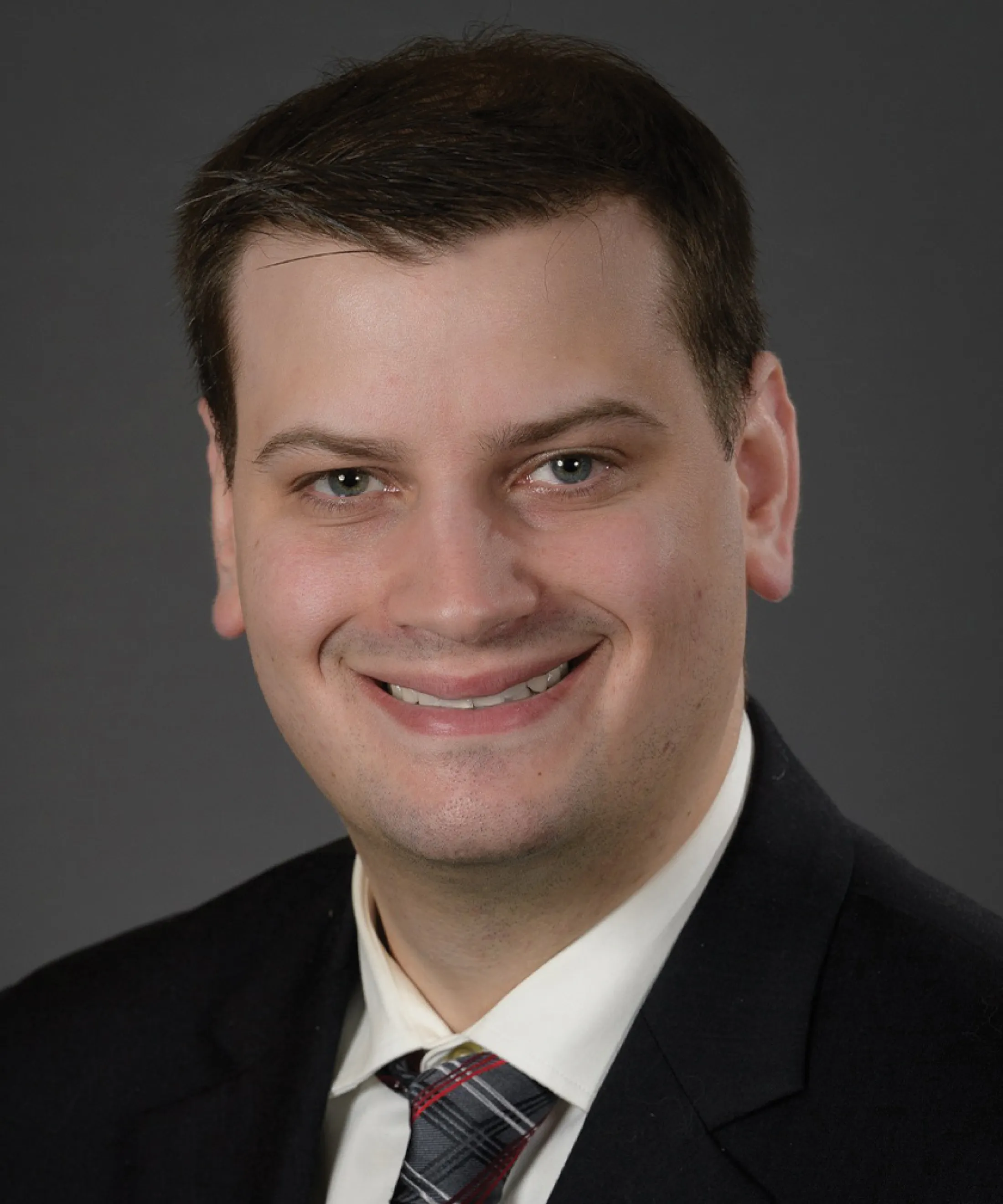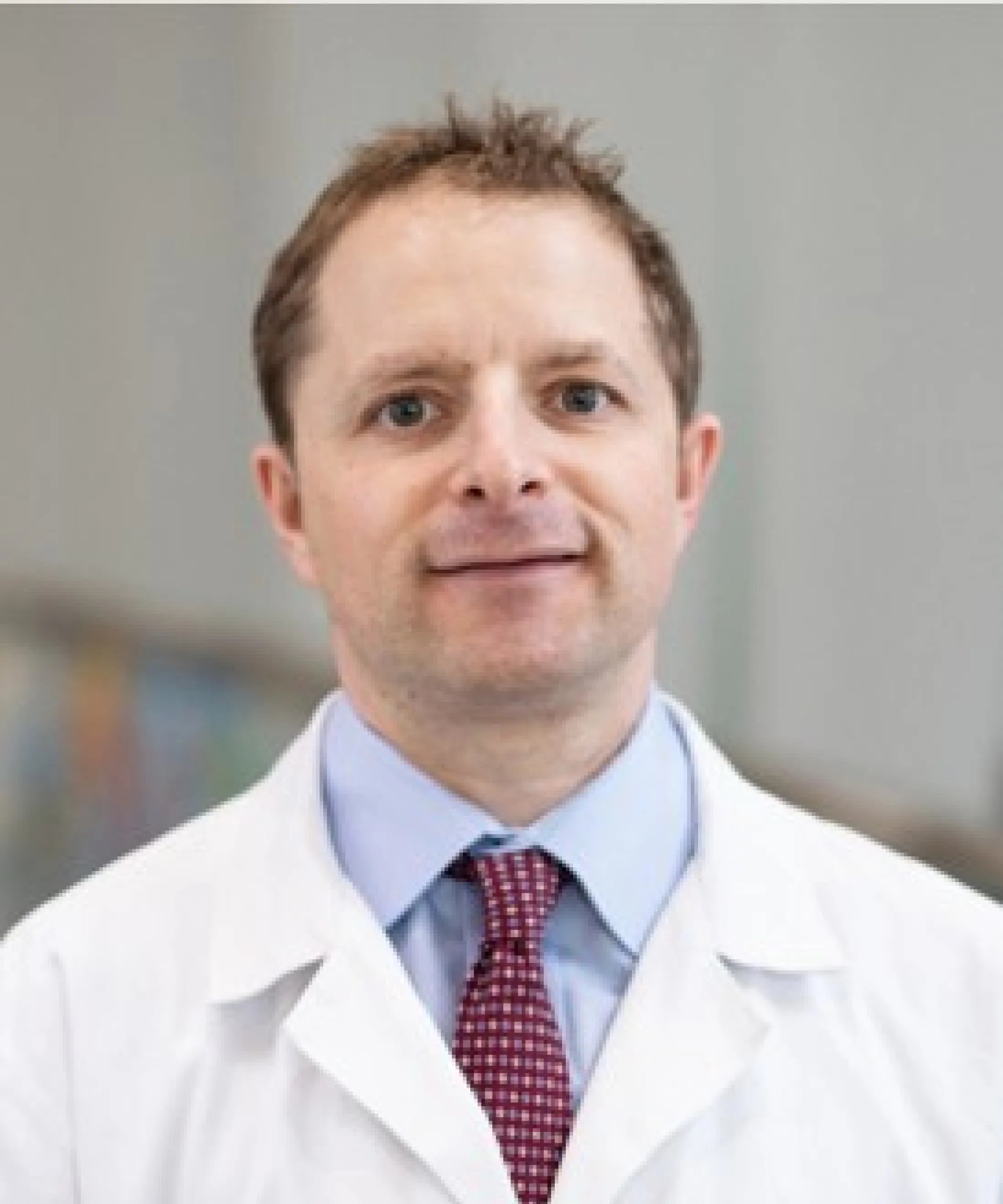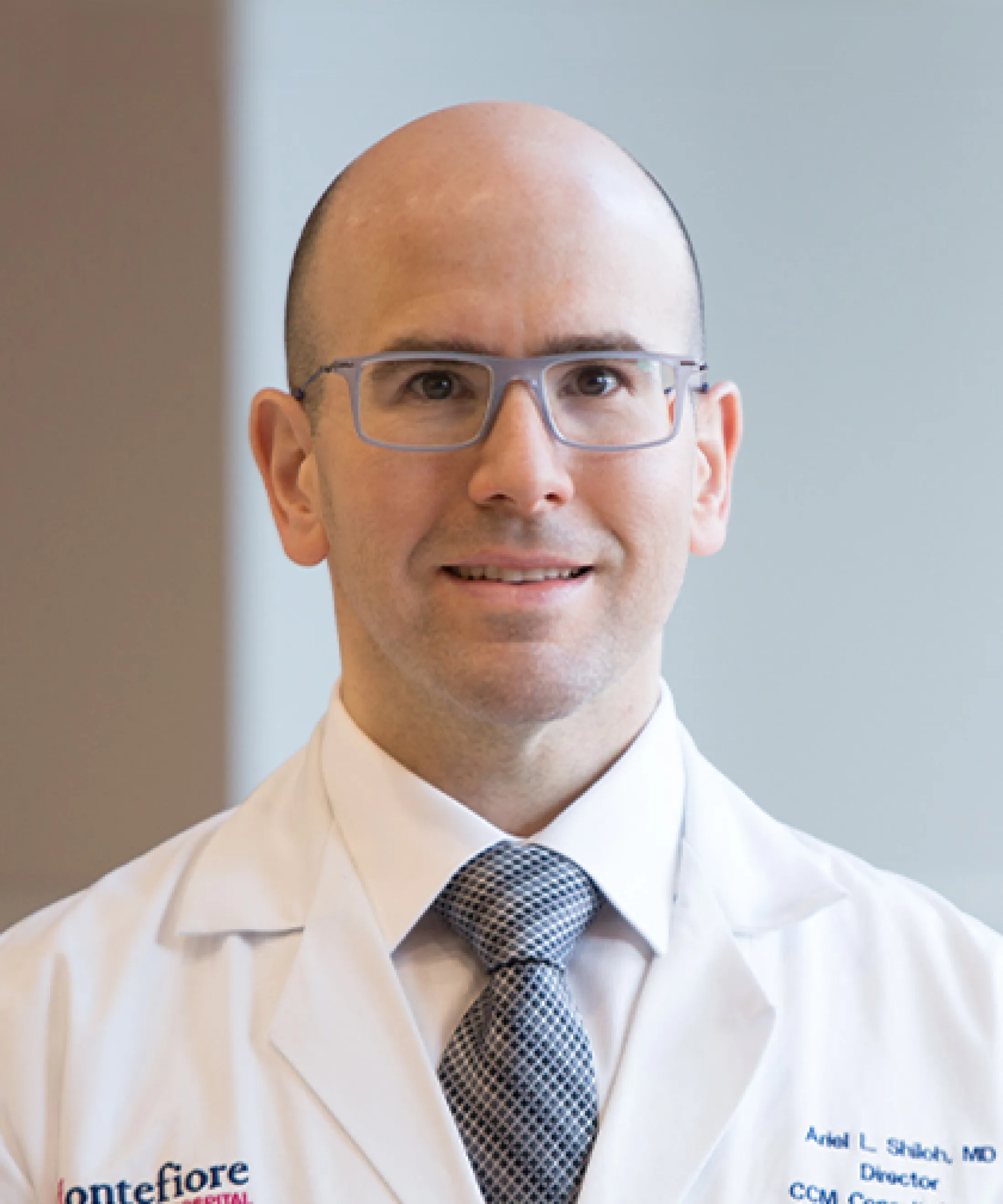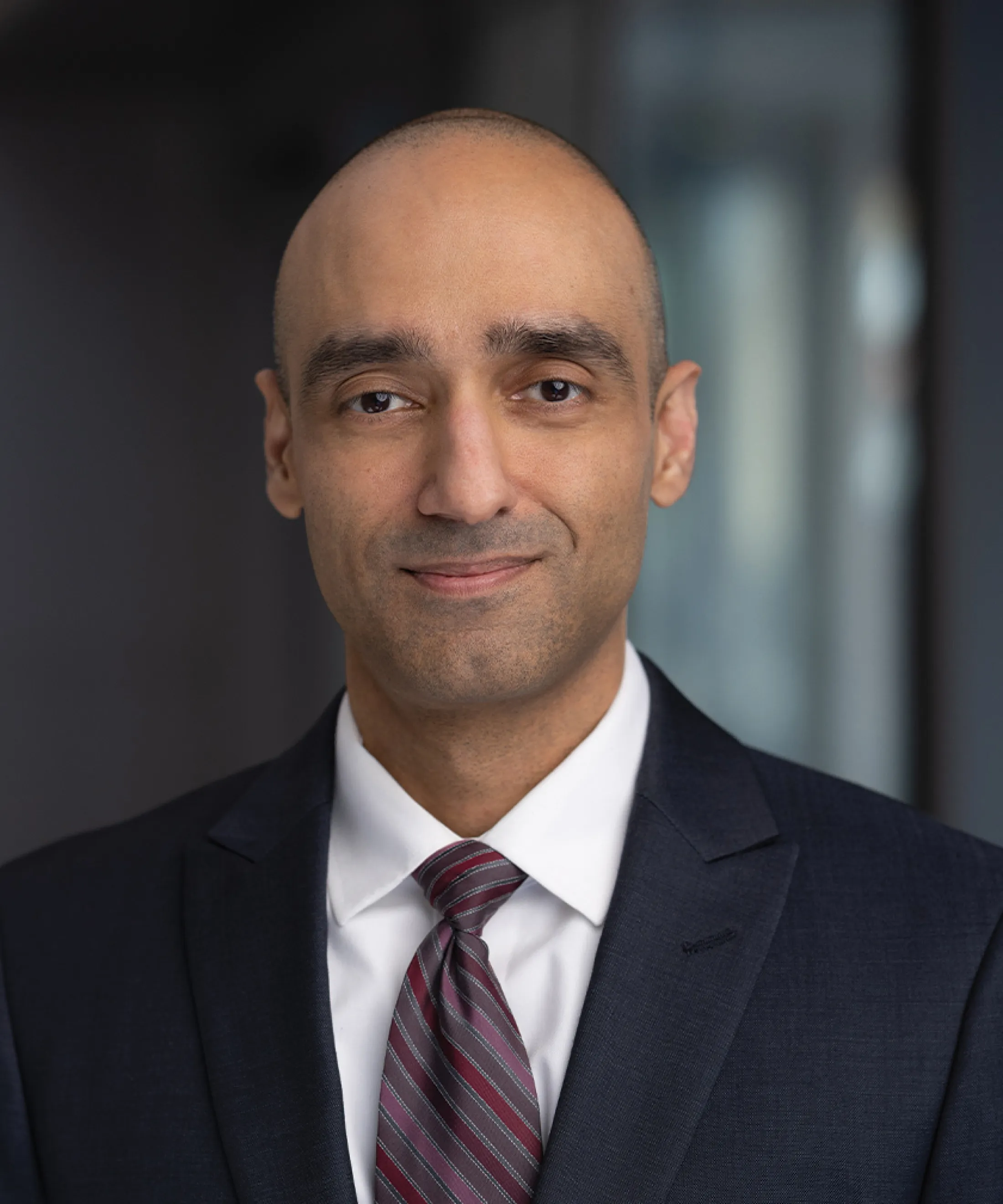Rotations
A balanced rotational curriculum exposes fellows to a wide variety of clinical settings, allowing them to obtain the broad skill set required of the modern intensivist.
The schedule will be customized for each fellow based on their educational background. Sample curriculum-
1 Year Track (& First Year of 2 Year Track)
- Moses MICU – 4 weeks
- Moses SICU – 2 weeks
- Moses CTICU – 4 to 6 weeks
- Moses Consults – 4 to 6 weeks
- Wakefield MICU – 4 weeks
- Weiler MICU – 4 weeks
- Weiler CTICU/SICU – 4 weeks
- Weiler Consults – 4 to 6 weeks
- Neuroscience ICU – 2 weeks
- Procedures – 4 weeks
- Trauma (Jacobi) – 4 weeks
- Elective – 2 weeks
- Track – 2 weeks
- Vacation – 4 weeks
Second Year of 2-Year Track
- Moses or Weiler MICU- 4 to 8 weeks
- Moses CTICU- 2 to 4 weeks
- Weiler or Moses Consults- 4 to 6 weeks
- Wakefield Nights- 2 weeks
- Research- 30 weeks
- Track- 2 weeks
- Vacation- 4 weeks
Moses Medical ICU (MICU)
Aril Moskowitz, MD
Medical Director

Melba Garcia, RN
Nursing Supervisor
The Montefiore Medical Center MICU, 14-bed North 2, functions as a primary teaching unit admitting approximately 75+ patients per month.
The unit is staffed with one attending, two fellows, three Medicine PGY-2s and three Medicine PGY-1s. The night and weekend call staffing consists of one Medicine PGY-2 and one Medicine PGY-1.
Close relationships exist with the one Echocardiography lab and Coronary Care Unit. The most frequent diagnoses at the time of admission to the Medical ICU are severe respiratory failure, septic shock, endocrine and metabolic emergencies, hemorrhagic shock, oncologic emergencies, and neuromuscular crises. In addition, the unit functions as a primary site for emergency plasmapheresis for patients with TTP.
Critical Care Medicine Fellowship Training Program fellows rotating through the Montefiore MICU participate in clinical research for study patients admitted or transferred to this unit.
Moses Heart Center Unit (CSICU)
Anthony J. Carlese, DO
Medical Director

Theresa Letizia, RN
Nursing Director
This 12-bed Heart Center Unit is a teaching unit and NHLBI-supported research center.
Cardiothoracic Surgery, Cardiology and Critical Care jointly manage the patients. Critical Care Medicine is directly responsible for the management and staffing of the CSICU. All procedures are done by Cardiothoracic Surgery or Critical Care house staff. Critical Care Medicine house staff manage surgical complications, pacemakers, arrhythmias, and coagulation disorders and post-operative respiratory and renal insufficiency.
The unit is staffed with a CCM attending, one CCM fellows, and a CCM PA. A Cardiothoracic Surgery fellow and PA staff are also included.
CSICU patients present with coronary artery bypass graft, valvular surgery and thoracic surgery. In addition, there is a rapidly expanding heart and lung transplant program and a ventricular assist device (VAD) program. Patients after routine heart surgery, heart transplant, lung transplant, implantation of ventricular assist devices make up the majority of the pathology scene.
Critical Care Medicine Fellowship Training Program fellows rotating through the Montefiore CSICU gain exposure to management of perioperative cardiac failure and cardiogenic shock, post-operative emergencies including cardiac tamponade and hemorrhage, severe respiratory failure and renal failure. Acute cardiac medical intensive care diagnoses include myocardial infarction, unstable angina, cardiogenic shock and complex arrhythmias.
The Montefiore Medical Center Adult Cardiothoracic ICU is the primary site for providing ECMO services for adult patients.
In 2012 Montefiore Medical Center was named a Center of Excellence by the Extracorporeal Life Support Organization (ELSO).
Einstein Medical-Surgical ICU (MICU)
Veronika Blinder, DO
Director
This 14-bed 4 West ICU functions as a primary teaching unit. The unit admits approximately 100 patients per month.
The unit is staffed with one attending, two fellows, two senior anesthesia residents and five Critical Care PA.
Close relationships exist with the adjacent Echocardiography lab and Coronary Care Unit.
The most frequent diagnoses at the time of admission to the MSICU are severe respiratory failure, septic shock, endocrine and metabolic emergencies, hemorrhagic shock, oncologic emergencies, and neuromuscular crises. The major surgical diagnoses are extensive vascular and intra-abdominal procedures, thoracic surgery and spine surgery.
In addition to clinical exposure and teaching, Critical Care Medicine Fellowship Training Program fellows rotating through the Weiler MSICU participate in clinical research for study patients admitted or transferred to this unit.
Einstein Cardiothoracic and Surgical Unit (CSICU)
Matthew Levitus, MD
Director
This 18-bed 4 East Heart Center Unit (10 CT Surgery; 8 Cardiology/CHF) is a teaching unit. Patients are jointly managed by Cardiothoracic Surgery, Cardiology and Critical Care. Critical Care Medicine is directly responsible for the management and staffing of the CSICU. All procedures are done by Cardiothoracic Surgery or Critical Care housestaff.
Upon admission, CSICU patients frequently present with coronary artery bypass graft, valvular surgery and thoracic surgery. Acute cardiac medical intensive care diagnoses include myocardial infarction, unstable angina, cardiogenic shock and complex arrhthymias.
Einstein Critical Care Medicine Fellowship Training Program fellows rotating through the CSICU are exposed to management of perioperative cardiac failure and cardiogenic shock, post-operative emergencies including cardiac tamponade and hemorrhage, severe respiratory failure and renal failure.
Wakefield ICU
Daniel Fein, MD
Medical Director

Amore Espina, RN
Nursing Director
The Wakefield Medical-Surgical ICU is a 16-bed combined ICU that admits approximately 75+ patients per month.
The unit is staffed with one critical care attending, one critical care fellow, and four medical residents. During their MSICU rotation, fellows cover the unit everyday 6:30am-7pm but will not take night call. On an as-needed basis the fellows may be asked to stay as late as 8:30 pm to assist the attending.
Fellows and attendings take sign-out from 6:30 to 7 am. From 7 am to 8 am fellows attend chief of service rounds. MSICU rounds with the attending, medical residents and interns, ICU nurses, and pharmacologist take place from approximately 8 am to noon daily.
The most frequent diagnoses at the time of admission to the MSICU are respiratory failure, septic shock, endocrine and metabolic emergencies, hemorrhagic shock, renal failure, hepatic failure, ischemic or hemorrhagic stroke, status epilepticus, oncologic emergencies, and neuromuscular crises.
Fellow Responsibilities: While rotating through the MSICU, critical care fellows are expected to actively participate in rounds, perform all necessary invasive procedures on MSICU patients with attending supervision, perform goal-oriented ultrasonography on MSICU patients, participate in MSICU QI meetings, assist medical interns and residents with decision making, and participate in family discussions. The fellows are also expected to teach the residents and interns and to run rounds under attending supervision in the second half of the academic year. In addition, fellows are required to keep the MSICU component of the critical care database updated at all times and to document and report all mortalities at morning chief of service rounds.
Moses Surgical ICU (SICU)
The 12-bed Moses SICU functions as a primary teaching unit. Patients are managed by Critical Care, with concurrent care by primary surgical services. The Medical Director of the SICU is Howard Doyle and the Nursing Director is Teresa Letizia. The unit admits approximately 75 patients per month, and functions as a medical-surgical ICU due to high volume of admissions of surgical patients admitted for medical emergencies as well as neurointensive care cases requiring medical intensive care. The critical care team runs rounds, comes up with treatment and diagnostic plans in collaboration with the primary service, and performs all procedures. The SICU is staffed with a critical care attending, critical care fellow, critical care PA’s, and surgical housestaff 24/7. Patients are admitted from all areas of Montefiore Medical Center. The most frequent diagnoses at the time of admission to the SICU are major vascular surgery such as abdominal aneurysm repair, major bowel or liver surgery, and major medical complications of surgery. This ICU is also the focus of the very active liver, kidney and pancreas transplant program.
Critical Care Consult Service/Medical ICU
Ariel Shiloh, MD
Director
The combined consult/MICU rotations take place at Moses and Weiler campuses and covers all critical care activity outside both inside of the MICU’s and outside of the units. Since by its nature the consultative service is active on an inconsistent basis, the fellow assigned to this rotation is to station themselves and assist with patient care in the medical ICU at their respective campus whenever not actively involved in consulting on a patient. Whenever there is an active consult at the campus, this fellow and the assigned consult attending are responsible for the intensive care management and triage of patients in the emergency departments, recovery rooms, medical and surgical floors. The service sees over 6,000 consultations per year. In addition to consults, the service incorporates central venous catheter insertion and senior leadership of CAC and rapid response teams. This service is staffed by one critical care attending and one fellow 24/7. Additionally medical students and medical residents rotate through the service on weekdays. The Medical Director is Ariel Shiloh, MD. Known as the “ICU Without Walls,” this crucial consultation service covers critical care activity outside of the units and is concerned with the intensive care management and triage of patients in the following care areas:
- Emergency Department
- Medical Wards
- Neurological wards
- Surgical Wards
- Step-down units
In addition to critical care consults, the service incorporates central venous access consults and provides senior leadership of cardiac arrest and rapid response teams. The service is suitably equipped with emergency necessities and equipment including:
A difficult airway bag (including video laryngoscopy, laryngeal mask airways, bougies, airway exchange catheters, and both percutaneous and surgical crycothyroidotomy kits)
- Intraosseous access
- Percutaneous chest tubes and pigtail catheters
- Point of care ultrasonography
During this rotation fellows will develop expertise in the initial evaluation, early intervention and management, and triage of critically ill patients outside of the ICU environment. Additionally, airway skills and point of care ultrasonography are highly utilized and emphasized.
Fellows will be supervised by a critical care attending at all times during this rotation.
Jacobi Trauma ICU (TICU)
The ACGME requirement for Trauma/Critical Care management training of fellows is met in this 12-bed SICU. There are approximately 1900-2000 trauma admissions to Jacobi Medical Center, an American College of Surgeons verified Level One trauma center. (This makes it the second or first busiest trauma center in New York City.) At least 50-55% of the SICU admissions comprised the more severely injured patients (approximately 500 patients per year), the remaining SICU admissions are from general surgery, GYN, orthopedics and ENT. Some 50% of the trauma patients have significant neurosurgical critical illness.
Proceduralist Rotation
The proceduralist rotation take place at the Moses campus and covers all elective critical care procedure requests outside of the units. This service is staffed by one critical care attending and one fellow from 9-5 Monday through Friday. The attending assigned to the Moses consult service is the supervising attending on this service.
Moses Neuroscience ICU (NSICU)
Rishi Malhotra, MD
Director
The 10-bed Moses NSICU functions as a primary teaching unit. Patients are managed by Critical Care, with concurrent care by neurosurgical, neurology, and stroke services. The Medical Director of the NSICU is Adam Keene and the Nursing Director is Diahann Barthelemy. The Director of Neurocritical Care services for Montefiore is Rishi Malhotra. The unit admits approximately 60 patients per month. The critical care team runs rounds, comes up with treatment and diagnostic plans in collaboration with the primary service, and performs all procedures. The NSICU is staffed with a critical care attending, critical care fellow, and critical care PA’s 24/7. Patients are admitted from all campuses of Montefiore Medical Center as well as referring hospitals throughout the greater New York area. The most frequent diagnoses at the time of admission to the NSICU major ischemic stroke, subarachnoid hemorrhage, intraparenchymal hemorrhage, subdural hemorrhage, traumatic brain injury, traumatic spinal injury, postoperative craniotomy and spinal surgery, status epilepticus, and neuromuscular disease.

